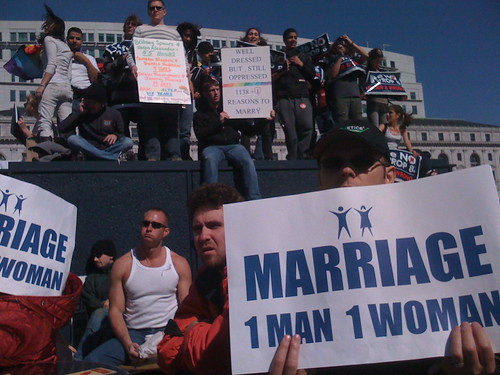International Rabbinic Fellowship
347 West 34th Street
New York, NY 10001
Press Release
Contact: Rabbi Jason Herman, Executive Director
Phone: 917.751.5265
Email: jlherman@jlherman.net
FOR IMMEDIATE RELEASE
9 A.M. EDT, November 20, 2009
new orthodox rabbinical Group established
Rabbis from across the United States, Canada, South America, Israel and Hong Kong came together last week to officially establish a new and long awaited organization of Orthodox Rabbis. The International Rabbinic Fellowship (IRF), several years in the making, is the brainchild of Rabbi Avraham Weiss of the Hebrew Institute of Riverdale in Riverdale, the Bronx, New York, and founder of Yeshivat Chovevei Torah Rabbinical School, and Rabbi Marc D. Angel, Rabbi Emeritus of New York’s oldest Jewish congregation, Shearith Israel, and director of the Institute for Jewish Ideas and Ideals.
A board and officers was elected consisting of the next generation of Orthodox Rabbis who have shown themselves to be at the forefront of modern Orthodox leadership. The organization’s 120 or so founding members elected Rabbi Barry Gelman, Rabbi of the United Orthodox Synagogues of Houston, Houston, Texas, as the IRF’s first President, Rabbi Hyim Shafner, Rabbi of Bais Abraham Congregation, St. Louis, Missouri, as Vice President of Education and Communication, Rabbi Nissan Antine, Rabbi of Beth Sholom Congregation and Talmud Torah, Potomac, Maryland, as Vice President for Membership and Conferences, Rabbi Joel Tessler, Rabbi of Beth Sholom Congregation and Talmud Torah, Potomac, Maryland, as Vice President, Rabbi Saul Strosberg, Rabbi of Congregation Sherith Israel, Nashville, Tennessee, as Treasurer, and Rabbi Yosef Kanefsky, Rabbi of Congregation B’nai David-Judea, Los Angeles, California, as Secretary. A code of ethics that will bind the new group was provisionally adopted.
This first conference of the International Rabbinic Fellowship included the voting into reality of several new initiatives that promise to transform the Orthodox community and perhaps the Jewish world. A committee to formulate new procedures for Orthodox conversions, so much in the news in Israel and the United states as of late, was appointed. The committee is tasked with presenting to the IRF a final outline of requirements and processes for Orthodox conversions to be adopted by the membership in June at its annual meeting. The committee’s chairs are Rabbi Dov Linzer, Head of Yeshivat Chovevei Torah Rabbinical School in New York City and Rabbi Joel Tessler, Senior Rabbi of Beth Sholom Congregation and Talmud Torah, Potomac, Maryland.
Though Orthodox Judaism does not ordain women as rabbis, several Orthodox women who serve in a handful of Orthodox congregations in rabbinic capacities were present. A long discussion was held at the conference on the question of admitting women acting in a rabbinic capacity as full voting members among the Rabbis. The group voted to task the membership committee with creating criteria for the potential consideration of admission of women. If the IRF votes to admit women, criteria for membership will also be voted on in June. The IRF recognizes that there are highly capable women serving in rabbinic roles and as such the group might benefit from their presence, ideas and guidance. This heralds the first time that an Orthodox rabbinical group has entertained the possibility of admitting women as full members into its ranks.
For more information about the International Rabbinic Fellowship and the proceedings of its seminal inaugural conference held this past Tuesday and Wednesday November 17-18, please contact any of the following members:
Rabbi Barry Gelman, tel. 713.723.3850, email
Rabbi Hyim Shafner, tel. 314.583.4397, email
Rabbi Nissan Antine, tel. 301.279.7010 x 209, email
Rabbi Yosef Kanefsky, tel. 310.276.9269, email
Rabbi Marc D. Angel, tel. 212.724.4145, email
Rabbi Jason Herman, IRF Executive Director, tel. 917.751.5265, email


